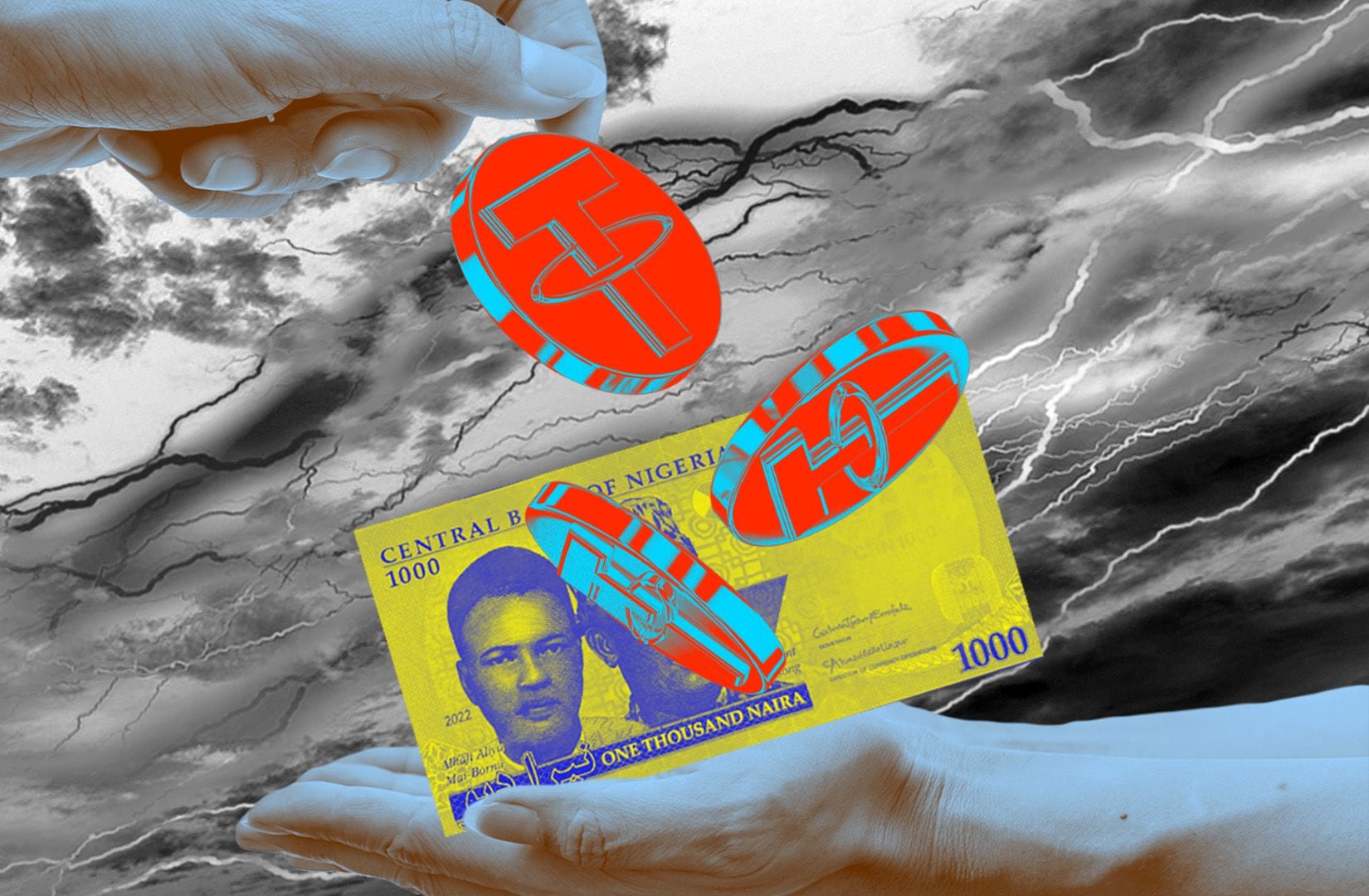Proponents of crypto have long insisted the technology’s reputation as a magnet for bad actors was undeserved. But the question has taken on new urgency over the past month.
Dozens of lawmakers from both parties wrote to the Biden Administration on Wednesday expressing concern over reports that Hamas has raised significant amounts of money via crypto. Most were not among the 100 signatories of an earlier letter that followed a report in The Wall Street Journal on Hamas’ use of crypto.
That report, though partially corrected after intense pushback, has become the industry’s bugaboo.
According to that story, Palestinian Islamic Jihad, a Hamas affiliate, raised as much as $93 million in crypto between August 2021 and June of this year, citing an analysis by crypto analytics firm Elliptic. Wallets connected to Hamas received $41 million more.
Based on the story, 100 lawmakers, led by Senators Elizabeth Warren, a Democrat from Massachusetts, and Roger Marshall, a Republican from Kansas, wrote to the Biden Administration expressing their “grave concerns” and asking it to “provide additional details on its plan to prevent the use of crypto for the financing of terrorism.”
But Elliptic disavowed the report after crypto investor and influencer Nic Carter led a campaign on X, formerly known as Twitter, to debunk the claim.
The Wall Street Journal updated its story to note that Elliptic was unsure whether “all of the transactions it identified directly involved PIJ, because some of the wallets belonged to crypto brokers that may have also served non-PIJ clients.”
In a follow up story published Nov. 12, however, the Journal doubled down on the claim that Hamas had raised millions in crypto.
Conflicting reports
In Wednesday’s letter, 57 members of Congress, some of them staunchly pro-crypto, and only some of whom had signed the Warren letter, wrote to the Biden Administration to ask that it cut through “conflicting reports” and determine how much of the crypto linked to Hamas or its affiliates “are accessible to or remains in the possession of” the terrorist organisation.
But, the administration should also “understand the scope of Hamas’ digital assets fundraising campaign in the context of its traditional funding activities,” the lawmakers added, echoing an industry talking point. Crypto advocates have long insisted that the percentage of “dirty” crypto pales in comparison to the amount of illicit money that flows through the traditional financial system.
Duelling perspectives
Also on Wednesday, the House Financial Services’ digital asset subcommittee held a hearing on the illicit use of crypto. Among other witnesses, the House’s digital asset subcommittee heard from Alison Jimenez, the president of a consulting firm that specialises in combating money laundering.
Unlike other financial assets, such as cash or real estate, crypto is unique in that it combines several traits that are valued by criminals: large sums of crypto can be moved across borders quickly, irreversibly, and anonymously, Jimenez said. Cash might be anonymous, but it’s hard to move quickly. Wires can move money quickly, but they’re easy to reverse.
Crypto advocates have insisted that the asset class is uniquely unsuitable for crime, given its traceability — blockchains are immutable, public ledgers.
But the weight and bulk of cash hasn’t deterred criminals from using it, Jimenez said. And the inability to move an apartment or house hasn’t stopped criminals from using real estate to launder money.
Additionally, the analytics firms that trace the flow of dirty crypto across blockchains are limited in their ability to accurately gauge the true extent of the issue, due to “mixers” such as Tornado Cash and privacy-enhanced cryptocurrencies and blockchains, Jimenez said.
Grossly overstated
Meanwhile, The Blockchain Association, one of the industry’s biggest advocates in Washington, published a letter of its own Wednesday, addressed to the leaders of House and Senate banking and finance committees.
The letter’s authors, former members of the US national security industry now working in the crypto industry, said they were “concerned that recent reporting on Hama’s use of cryptocurrency, which has been grossly overstated, debunked by its source” — a reference to Elliptic — “and partially corrected by its editors, continued to be used to push legislation that would be counterproductive to US national security interests.”
That legislation would push crypto companies, as well as liquidity in crypto assets, offshore, in some cases to less regulated or hostile jurisdictions, they said.
“This technology has attracted mostly good actors looking to build applications for mainstream use,” they said. “We acknowledge that at this very early development stage, it has also attracted its share of unscrupulous actors.”
But they’re a minority, the letter’s authors continued, as are transactions that involve illicit crypto, “relative to traditional financial methods.”
The group intends to head to Washington, DC on November 28 to answer lawmakers’ questions.
Aleks Gilbert is DL News’ New York-based DeFi Correspondent. Reach out to him with tips at aleks@dlnews.com.

![[Action required] Your RSS.app Trial has Expired.](https://8v.com/info/wp-content/uploads/2026/01/rss-app-cfAqZL-75x75.png)



















